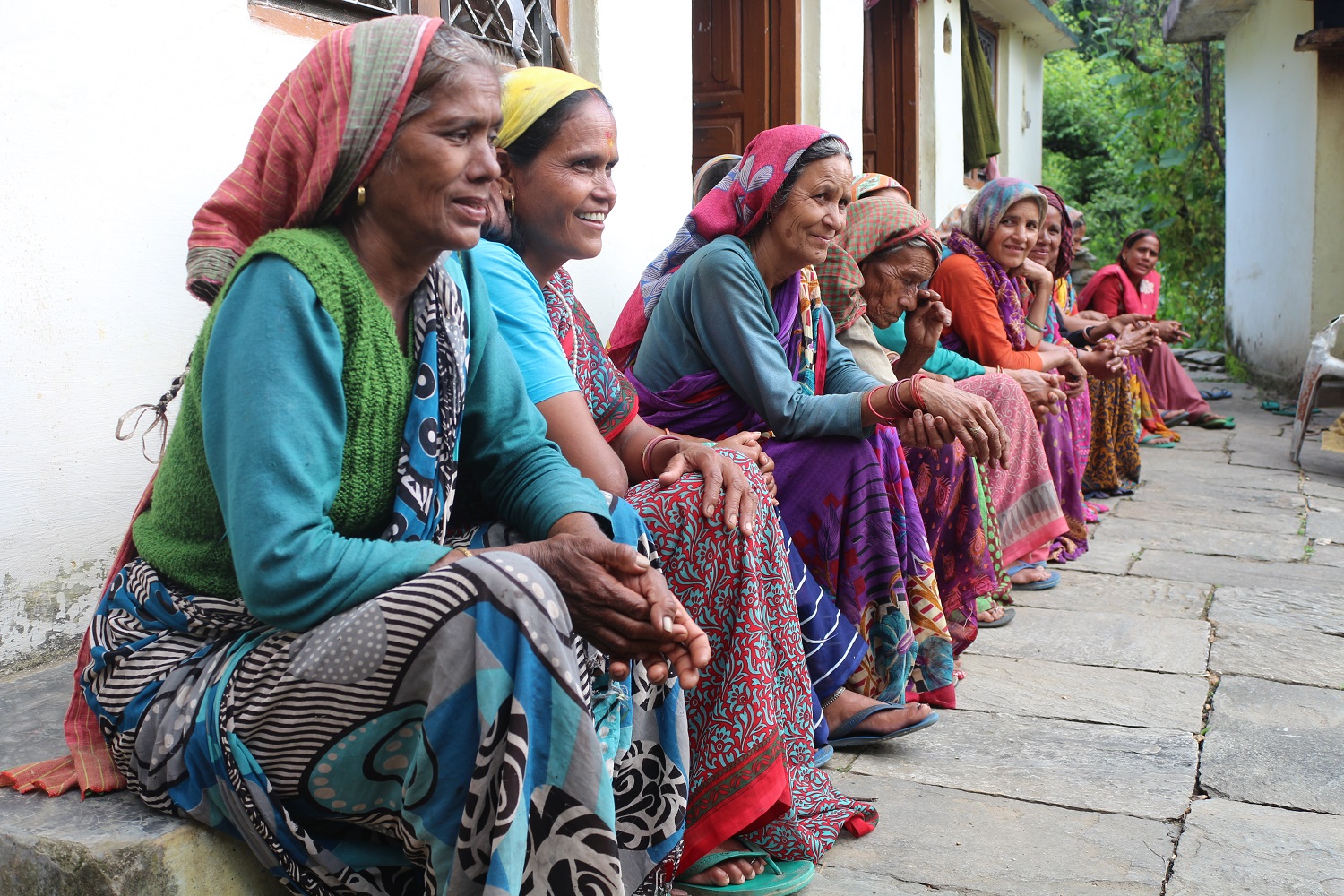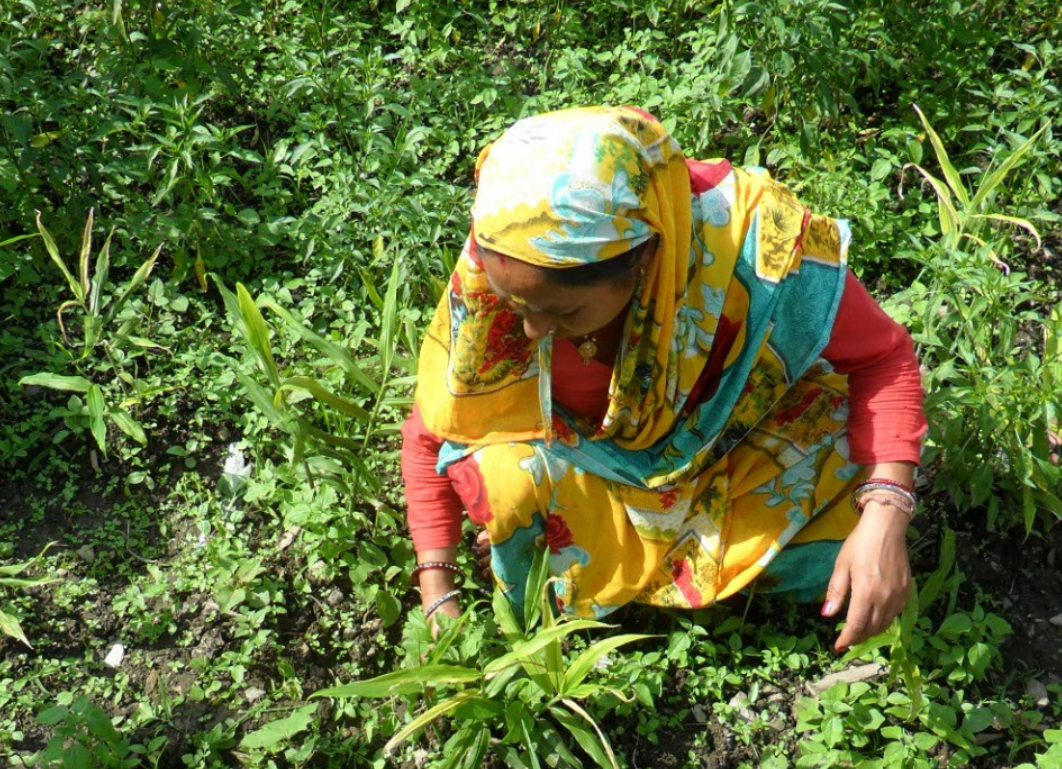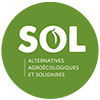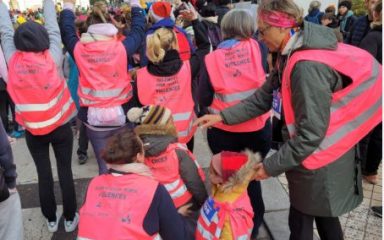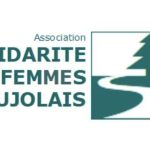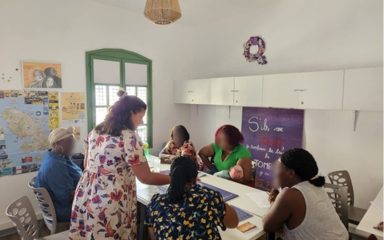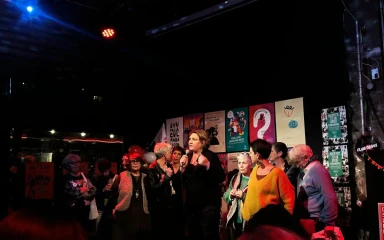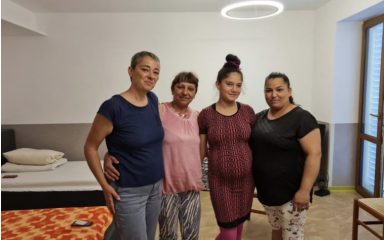Project presentation
The project
In India, in the State of Uttarakhand, a mountainous region that is particularly affected by climate change, agricultural activity represents the means of subsistence for most of the population. This activity is not very profitable and women, who are the major gatekeepers of the farming savoir-faire, are assigned low responsibility tasks.
For this reason, since 2016, SOL and its local partner Navdanya launched a project for the enhancement of women’s role through the development of a sustainable agriculture. The following activities were implemented: training of 184 female farmers to agroecology, training of 40 seeds keepers, strengthening of seed banks, public awareness on climate change (installation of vegetable garden in schools…). The objective is to allow Indian women farmers to improve their food sovereignty and their financial independence, while preserving the biodiversity of the area.
As part of the “Biofermes Internationales” project, an exchange programme dealing with the topics of agroecology and the sharing of savoir-faire in seed reproduction and conservation between Indian, Senegalese and French female farmers was set up from November 18th to November 30th, 2019.
A study will be made on the resilience to climate change and women’s position as protagonists of changes in agricultural practices. This will be built upon the results drawn from all the activities implemented in the field.
